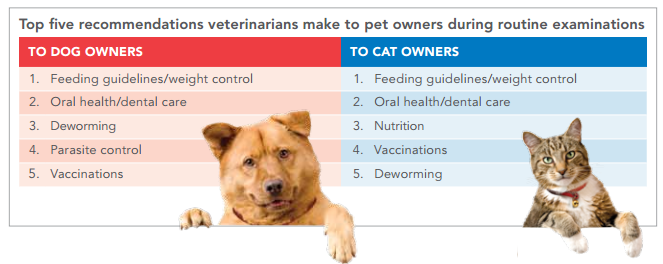Emergency Vet Clinic in Brampton, Highway 10
It's Pet Dental Health Month!
February is a short month and is often pretty bland as far as excitement goes. This year is particularly dreadful and cold but it does have two things working in its favour to spice things up that set it apart from previous years.
Firstly, Canada is doing really well at the 2014 Olympics so far and we’ve seen great stories of humanity, sportsmanship and roads to victory along the way.
Secondly, it’s Pet Dental Health Month.
Oh you didn’t know that Pet Dental Health Month was such a big thing? Rest assured, it’s pretty dramatic stuff. Here’s a few things that you probably didn’t know about your pet’s mouth:
- Dental disease is not a rare occurrence in pets, in fact, nearly 8 out of 10 dogs and cats will have some degree of dental disease by the time they’re three years of age
- In the 2013, veterinarians noted that dental disease is the most commonly diagnosed health problem that pet owners are surprised to hear about.
- Dental health is the 2nd most important criteria that veterinarians use to evaluate a pet’s overall health and dental care is the 2nd most important thing veterinarians recommend a pet owner can do to increase the length of a pet’s life…
...Yet only 16% of pet owners say that they’re interested in learning more about dental health and it doesn’t even factor into the top 10 list of signs that that pet owners use to determine their pet’s health.

There is clearly a major disconnect between what veterinarians are saying and what pet owners are hearing. This is why Pet Dental Health Month exists, to increase awareness of how vital dental health is to the overall care and wellness of a pet.
What many don’t seem to realise is that by taking a proactive approach to their pets’ oral and dental care they are in fact also helping to reduce instances and even prevent some very major health problems that can be brought on as a result of poor or lack of dental care. Such conditions include:
- periodontal disease, the erosion by bacteria of soft tissue and bone that hold the teeth in place, a painful condition
- stroke
- organ failure due to blood-borne bacteria originating in the mouth circulating throughout the body
- endocarditis, the collection of these migrant bacteria on the valves of the heart
- diabetes
- osteoporosis
- respiratory infection via an oro-nasal fistula, which is a hole in the hard palate of the mouth that leads to the sinuses, caused by the spread of bacteria from dental disease
One of the best indicators that there’s something not right with your pet’s dental health is an obvious one, and something that pet owners notice on a regular basis...
Bad Breath
Halitosis, or awfully smelly breath caused by bacteria, is easy to spot. Most pet owners think little of their pet’s bad breath but it could be an indicator of a developing dental disease. Dogs, just like humans, always have some bacteria in their mouths, and these bacteria attach themselves to the plaque on the teeth. This collection may not smell exactly lovely, but it’s when the scent becomes noxious, rotten and overwhelming that there is likely to be a significant underlying problem.
What Can Pet Owners Do?
The best way to ward off major dental procedures and future health problems is to regularly brush the teeth of their pets. This helps to remove excess plaque from the teeth and gumline, massage the gums to prevent gingivitis and also spend some quality hands-on time with the pet.
Keep in mind, don’t use human toothpaste. Pets have their own specially formulated varieties. There are other products on the market that help to reduce oral bacteria that are available at your vet’s office and some pet stores but it’s best to chat with your vet about their recommendations.
At your pet’s next visit checkup, make sure to take the time to talk to their vet about how you can take an active role in your pet’s dental care. It’s better to take preventative measures than to treat a serious condition later, and your pet’s longer life will be a reward in itself.